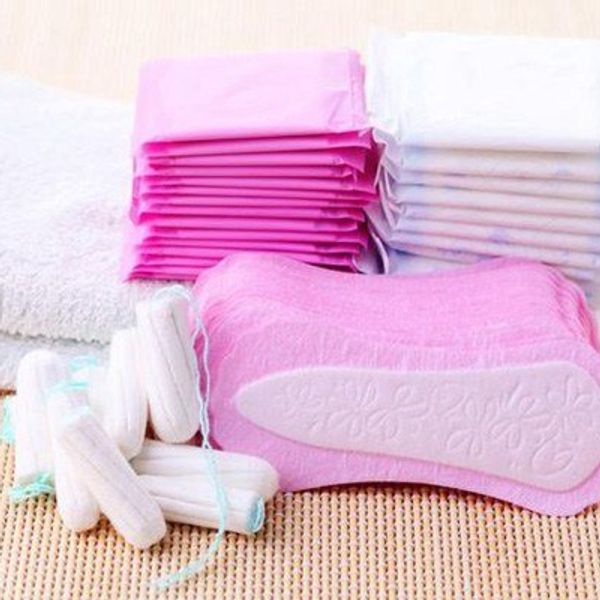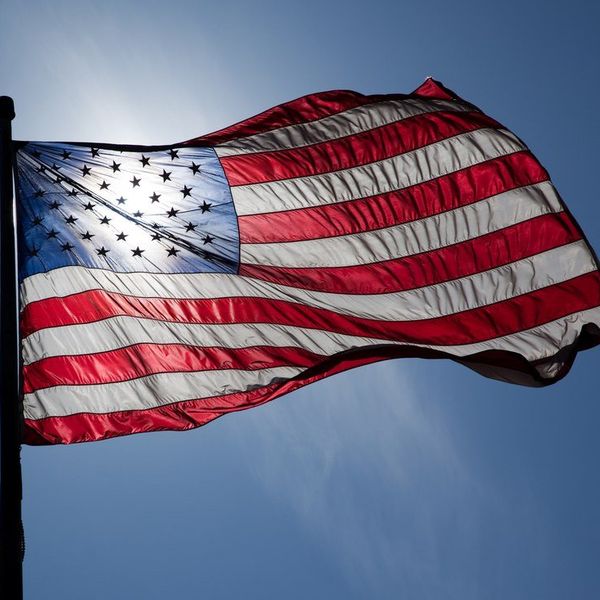It is a monthly event for about half the world’s population for a large part of their lives: you were all dressed and ready to go about your business but were interrupted by the sudden arrival of your period. Now you have to dash to the nearest convenience store to buy your preferred feminine hygiene products. You complain about the price but carry on with your day.
The "Tampon Tax" has sparked protests around the world. Tampons and other menstrual products are often not tax-exempt because they are considered “luxury items.” Of the 45 U.S. states with a sales tax, only seven do not tax menstrual products, with Illinois being the latest as of January 1st, 2017.
Food and clothing donations are available at homeless shelters. Food stamps are allocated to families in need. Toilet paper is free to use in most public restrooms. Yet tampons are still a taboo subject. Taxing tampons as a luxury item not only limits their accessibility to people of all economic backgrounds, but it also exasperates the stigma against women’s healthcare.
I believe tampons should be exempt from taxes. They should be priced more reasonably. They should be supplied in homeless shelters and food kitchens, free to anyone who qualifies for food stamps, and free to use in public restrooms. This change would not only be a part of advocating for safe and comfortable lives for people who bleed, but also a vital step toward the de-stigmatization of periods.
What is the cost of having a uterus?
The average woman spends $7 a month on tampons. While this may not necessarily seem like much, the yearly cost adds up to $84 per person. Tampons are not the only vital product, either; pads and pantyliners are also essential, since wearing tampons overnight or during extremely light bleeding is not medically advised. This calculation also doesn’t even factor in replacing bloodstained clothing in case of leaks, or Advil to help ease cramps.
The cost of feminine hygiene products also rapidly multiplies in households with more than one woman. I come from a family of six. My mother, my younger sisters, and me make four people with periods—that’s roughly $350 a year in tampons alone.
Most essential items are already exempt from taxation.
The FDA classifies tampons as medical devices, even though most states do not. Under most tax policies, drugs and other medical devices are tax-exempt, along with many other products: certain foods and drink (often including candy), select clothing and footwear, laundering and dry-cleaning, college textbooks, internet services, newspapers, some car wash services, tractors, and even certain race horses. The fact that tampons are still taxed is reflective of how far behind women's healthcare has always been.
How is it that we can provide free condoms, but not tampons?
Some may disagree with this point; not all condoms are free, after all. While nearly every health clinic in the country offers free condoms, many people prefer brand names, which can sell for roughly $15 a box. Female condoms are also usually available, although they are less effective and pricier.
While condoms and tampons are entirely different issues, I think there is an excellent case to be made in comparing the two. If you are tight on money, but want to practice safe sex, a health clinic or similar institution will have free condoms available. There is no such case with tampons; either you must come up with the money, or go without.
Another example involves toilet paper and hand soap. Not only are these products significantly cheaper than tampons, they are free to use in public restrooms. Imagine you went to use a public restroom, but upon sitting down, realized that toilet paper was not supplied. And every time you asked the business to keep a few rolls in stock, they ridiculed you and suggested you remember your own toilet paper—every time you went out anywhere. Oh, and that roll of toilet paper costs seven dollars.
“If my tax dollars start paying for tampons, does that mean I’ll have to start paying for men’s razors?”
No. Shaving your face is not the "masculine equivalent" to wearing tampons because people of all genders may choose to shave. It is also not a medical necessity.
No one has the right to deny medical care to someone in need.
If you have no need of assistance in purchasing tampons, you have some level of privilege in your life that many do not. It is important to recognize that, while you may not want your tax dollars funding anyone else’s tampons, bleeding is not a choice any more than poverty is. Treating people who struggle to afford feminine hygiene products with disdain implies that someone’s social class dictates what level of personal hygiene they deserve—and that is not the society I want to live in.
If we don’t pay the “tampon tax,” that money will need to come from somewhere.
Our economy is driven by consumption. Fortunately, all that money we save on tampons won’t disappear—it will just be spent elsewhere. Say, for example, your tampons are cheaper so you get a mocha instead of a regular coffee, a pack of gum in line at the register, the nicer brand of toothpaste, or the extra-plush toilet paper. My point is that money will still circulate through the economy, and people in need would be a little more comfortable.
It’s more than the price of tampons; this is about the message we are teaching young women.
Your health is important. Your body is not embarrassing.
Yet our society treats so many people like this is not the case. It is embarrassing to be a teenager buying a box of tampons from a male cashier, and to excuse yourself for the bathroom during class while attempting to inconspicuously sneak a tampon from your bag. And while women around the world are fighting back against the stigma around periods, we still have a long way to go. Normalizing feminines hygiene products and their accessibility would send a message to the entire world about female healthcare.





















